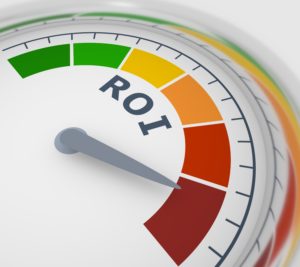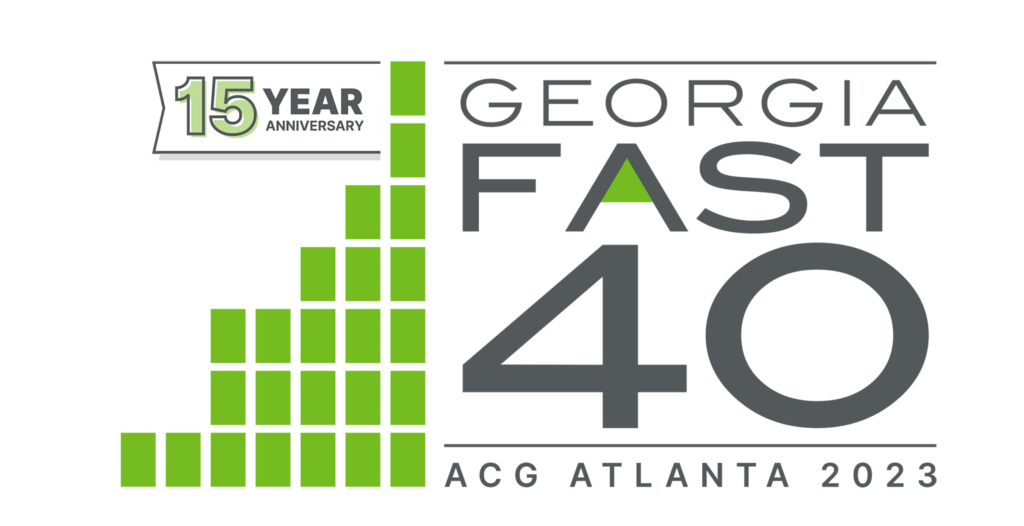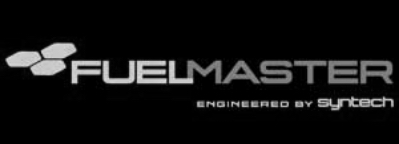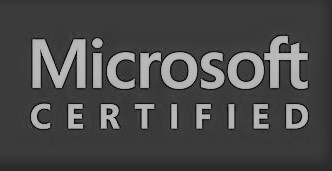
Buying transportation fuels should be straightforward enough. If you need fuel, buy fuel. However, properly managing your fueling activities is not that simple.
Did someone sign to receive the fuel? Can you verify the fuel made its way into the tank? Do you have the information needed to support your IFTA tax filings? Who is responsible for ordering fuel in the first place? What if that person is quarantined or working remotely? Do they have the tools they need to complete their daily tasks without disrupting your fuel supply? If the state inspector visits, do we have the right information to satisfy their demands? What data is needed to complete the monthly book-to-physical reconciliations?
Maximizing efficiency in your fuel supply chain is essential when resources are strained. The need to complete these tasks does not go away with limited resources and a small administrative team. Below are some time savers you should consider.
Fuel Ordering
First, outsource fuel replenishment to your fuel provider. Rather than having your clerk transverse the parking lot to assess fuel levels daily, make a modest investment in an automated tank gauge. Make your fuel supplier maintain fuel levels in accordance with your restocking guidelines. Suppliers with modern systems can automatically notify you when fuel is needed (again according to your predetermined specifications) and when fuel deliveries are scheduled. Take advantage of automation available and reduce your labor.
Verifying Invoices
The second area of focus is reducing fuel invoice processing time by leveraging supplier best practices. Capable fuel suppliers have a customer portal to access invoices. The portal should match invoices with delivery documents. This eliminates the need for your team to manually track down copies of the bill of lading. Use the previously mentioned tank gauge to verify the delivery made its way into the tank.
Fueling Transaction Management
Consolidating your fueling transactions in another opportunity for improvement. Fueling transactions come in various forms. Your fuel supplier should consolidate transactional level data from fuel cards, mobile refueling and transactions from your dispersal controller. Consolidation will improve your IFTA reporting and preventative maintenance scheduling. If your Fleet Maintenance Software allows imports, then have your vendor export daily transactions and transmit to your server. Automating transaction managing reduces data entry from your team.
Monthly Reporting
Lastly, employ available technologies to decrease time spent completing monthly reports. Do you use tank gauges as a method of environmental compliance for your below ground tanks? Your fuel vendor should post environmental compliance reports to the same portal as your fuel invoices. The fuel vendor’s familiarity with state requirements can ensure you have the right documents in place. Free your team from time taken to prepare and store the reports. Require your supplier to automate your monthly Book-to-Physical reconciliations for your fuel inventory using data from tank gauges and dispersal controller.
Do you have fuel reports that are submitted to various departments in your organization? Vendors using modern database systems can automate queries from your purchase data. Make the creation of those reports your vendor’s problem and free your team from creating them.
These are just a few examples where your fuel supply chain can be leveraged. One key to success is partnering with suppliers capable of being more to you than just a commodity provider. Are you drowning in a sea of fuel chores? Diversified Energy Supply’s team of fuel industry experts can help you add efficiencies to your fuel procurement strategy.



